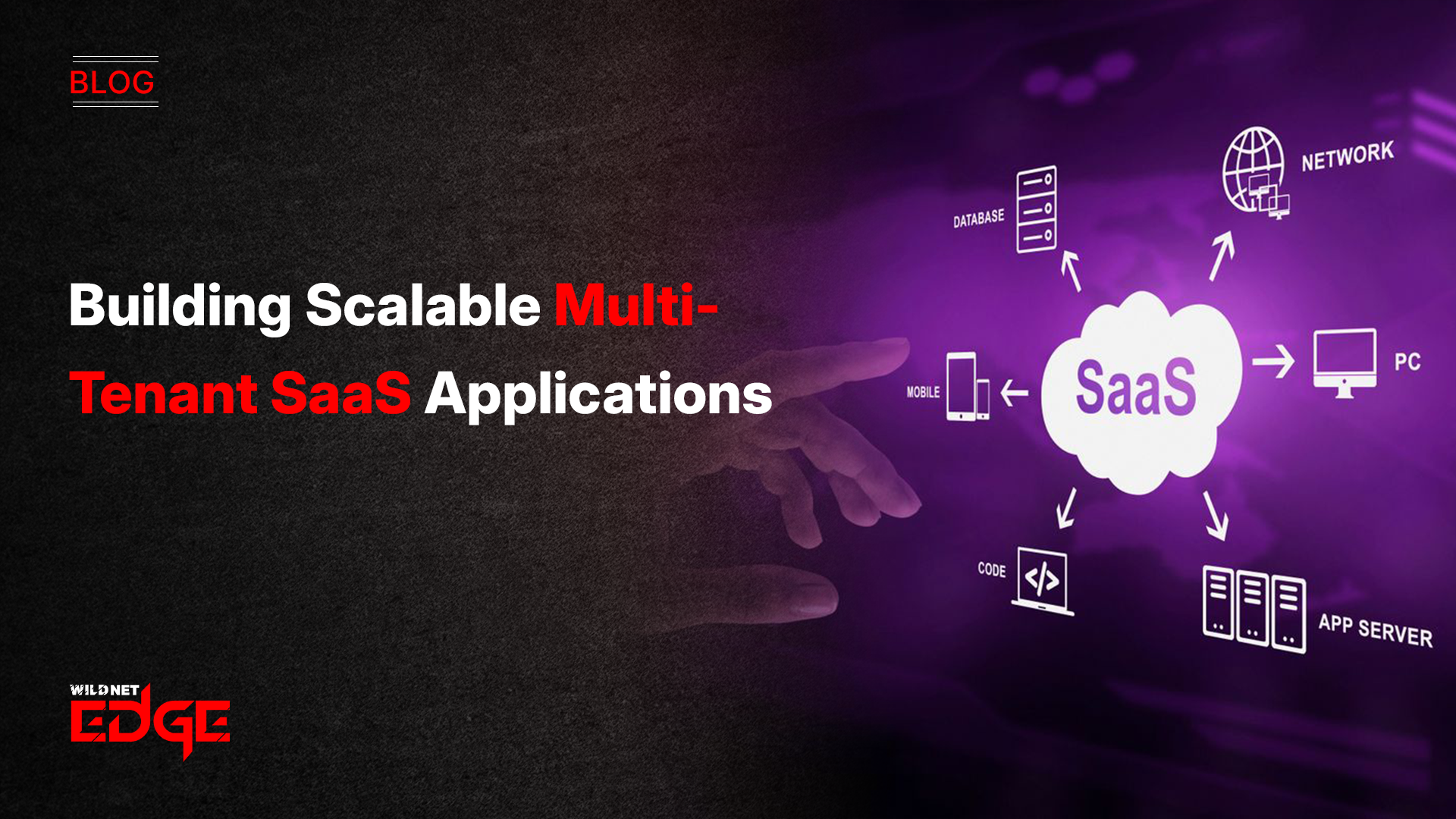Understanding enterprise software development cost is vital for businesses aiming to harness technology for improved operations. Whether you’re a startup or an established corporation, grasping the financial implications of such projects helps in strategic planning and resource allocation. Making informed decisions on expenses ensures that your enterprise maximizes its investment in software development.
Understanding Enterprise Software Development Cost
Factors Influencing Enterprise Software Development Cost
When delving into enterprise software development cost, various factors must be considered. Features, complexity, and scalability play significant roles in determining how much your project will ultimately cost. For instance, the more intricate the software application—incorporating advanced functionalities like real-time analytics or AI capabilities—the higher the costs will be. Additionally, software that needs to scale effectively will require more investment in robust infrastructure and architecture.
Another critical aspect influencing costs is the choice of development methodology. Agile methodologies might seem more expensive initially, but they can lead to cost savings in the long run by allowing for iterative adjustments and enhancements. This adaptability often results in a better product aligned with user needs, thereby optimizing the enterprise project budget.
Average Costs for Different Enterprise Solutions
Average costs vary significantly across different enterprise solutions. For examples, a Customer Relationship Management (CRM) system can cost anywhere between $30,000 to $300,000, depending on features and scale. Conversely, an Enterprise Resource Planning (ERP) system typically ranges from $100,000 to over $500,000. These costs do not include ongoing expenses like updates, maintenance, or additional features added later, which are essential in understanding the total enterprise software development cost.
Breakdown of Enterprise App Pricing
Fixed vs. Hourly Pricing Models in Enterprise App Pricing
When reviewing enterprise app pricing, businesses often encounter two primary models: fixed-price and hourly pricing. Fixed-price arrangements provide a clear total cost upfront, which can be beneficial for budgeting. However, they may lack flexibility when project requirements evolve.
On the other hand, hourly pricing models allow for adjustments based on the work completed, but they can sometimes escalate unexpectedly. Understanding these pricing structures is crucial for managing your enterprise project budget effectively.
Additional Costs in Enterprise App Pricing
Beyond the initial quotation, businesses should be aware of additional costs related to enterprise app pricing. Maintenance, support, and potential future upgrades can add to the overall investment. For example, many companies overlook ongoing hosting fees, compliance costs, and even training expenses for team members who will use the new software.
Creating an Enterprise Project Budget
Estimating Costs Accurately in an Enterprise Project Budget
Creating an effective enterprise project budget begins with accurately estimating costs. A detailed analysis should include development fees, third-party service charges, and potential hidden charges. Businesses should also consider contingency funds to accommodate unexpected expenses that may arise during the project.
Tools and software can aid in project management and cost estimation, ensuring that your budgeting process is data-driven and realistic.
Common Pitfalls to Avoid in an Enterprise Project Budget
While developing an enterprise project budget, several common pitfalls should be avoided. Underestimating project complexity or overlooking the need for future scalability can lead to budget overruns. It’s crucial to involve key stakeholders from the outset to gather comprehensive input and project requirements.
Additionally, avoid the trap of focusing solely on the initial costs rather than the total cost of ownership. This oversight can result in higher expenses down the line.
Analyzing Enterprise Charges for Software Development
Monthly vs. Annual Enterprise Charges
When analyzing enterprise charges for software development, businesses often need to choose between monthly and annual payment structures. Monthly payments can provide a more manageable cash flow, allowing businesses to spread costs over time. However, annual payments often come with discounts and can lead to significant savings.
Understanding the advantages and disadvantages of each option helps ensure that your payment strategy aligns with your company’s financial objectives.
Hidden Enterprise Charges to Watch Out For
Hidden enterprise charges can quickly erode your project budget. These may include costs for integrations, custom development work, or platform migrations. It’s essential to review contracts carefully and seek transparency from vendors about all possible charges to avoid unpleasant surprises during or after development.
Hiring the Right Talent: Enterprise Software Development Company
Key Qualities to Look for in an Enterprise Software Development Company
Choosing the right Enterprise Software development company is critical for the success of your project. Look for companies with proven track records, relevant industry experience, and strong client testimonials. It’s also essential to assess their ability to communicate effectively and their commitment to understanding your business needs.
Strong technical expertise in the technologies your project requires is another quality to prioritize when selecting a company. This ensures that your software development is not only efficient but also aligns with best practices.
Benefits of Choosing a Reputable Enterprise Software Development Company
Choosing a reputable Enterprise Software development company allows you to focus on your business while the company manages the technical aspects of the project. A well-established company often has access to better resources, including skilled developers and project managers, leading to high-quality outcomes. Furthermore, they are more likely to stay updated with the latest technologies, fostering innovation in your project.
Considerations When You Hire Enterprise Software Developer
Skills and Expertise Required to Hire Enterprise Software Developer
When you decide to hire enterprise software developer, it’s crucial to prioritize specific skills and expertise. Look for developers proficient in languages and frameworks relevant to your project, such as Java, .NET, or Python. Soft skills, including problem-solving abilities and effective communication, are equally important, as they contribute to a collaborative development process.
A portfolio showcasing prior work and successfully completed projects is an essential factor in your decision-making process.
Pricing Strategies When You Hire Enterprise Software Developer
Adopting effective pricing strategies is key when you hire enterprise software developer. Some companies may offer fixed rates per project, while others may charge hourly based on developer experience levels. It’s vital to clearly define the scope of work to avoid misunderstandings and ensure that the pricing structure aligns with your overall project budget.
Conclusion
In summary, understanding enterprise software development cost is indispensable for businesses navigating the complex waters of technology implementation. From assessing enterprise app pricing to creating a well-thought-out enterprise project budget, the insights discussed provide clarity on managing your investment effectively. For businesses looking for a reliable partner in their software development journey, Wildnet Edge stands out as a trusted, AI-first company offering tailored solutions that align with individual business needs.
FAQs
The complexity of the project, desired features, and the technology stack play significant roles in determining the cost.
By estimating costs accurately and factoring in potential hidden charges, businesses can draft an effective budget.
The most common models include fixed-price variations and hourly billing structures.
Be cautious of hidden fees, ongoing maintenance costs, and unexpected expenses that can arise after the project commences.
A reputable enterprise software development company ensures quality, timely delivery, and adherence to best practices, ultimately leading to better project outcomes.

Nitin Agarwal is a veteran in custom software development. He is fascinated by how software can turn ideas into real-world solutions. With extensive experience designing scalable and efficient systems, he focuses on creating software that delivers tangible results. Nitin enjoys exploring emerging technologies, taking on challenging projects, and mentoring teams to bring ideas to life. He believes that good software is not just about code; it’s about understanding problems and creating value for users. For him, great software combines thoughtful design, clever engineering, and a clear understanding of the problems it’s meant to solve.
 sales@wildnetedge.com
sales@wildnetedge.com +1 (212) 901 8616
+1 (212) 901 8616 +1 (437) 225-7733
+1 (437) 225-7733















 ChatGPT Development & Enablement
ChatGPT Development & Enablement Hire AI & ChatGPT Experts
Hire AI & ChatGPT Experts ChatGPT Apps by Industry
ChatGPT Apps by Industry ChatGPT Blog
ChatGPT Blog ChatGPT Case study
ChatGPT Case study AI Development Services
AI Development Services Industry AI Solutions
Industry AI Solutions AI Consulting & Research
AI Consulting & Research Automation & Intelligence
Automation & Intelligence















